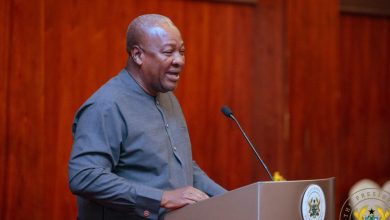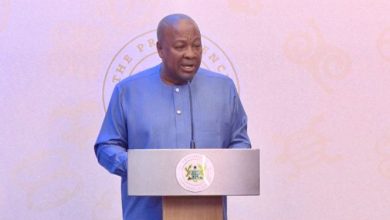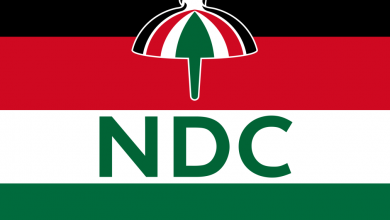GH¢1 Fuel Levy to Generate GH¢5–6bn, Falls Short of Energy Sector Needs – Jinapor

Energy Minister John Jinapor says the recently introduced GH¢1.00 fuel levy is expected to generate between GH¢5 billion and GH¢6 billion to support the procurement of liquid fuel, but stressed that the amount will still fall short of what is needed.
Speaking on the Citi Breakfast Show, the Minister justified the levy as a necessary intervention to address Ghana’s mounting energy sector debt and ensure continuous fuel supply to power plants.
“This amount, if you look at the object clearly, we talked about the debt that we have and how unsustainable the debt is,” Jinapor explained.
He added: “But when you look at the real object, it is to help us first to procure liquid fuel, and within the veil of the liquid fuel, it will be about GH¢1.2 billion. The government said that this GH¢1 would give us about GH¢5–6 billion, which is about 60% of what we require.”
He noted that even with revenue from the levy, the Finance Ministry would still have to step in to bridge the gap.
“So, even with this GH¢1, the Finance Minister will still have to assist us in getting some additional money to buy liquid fuel,” he added.
Addressing the debt issue, Mr. Jinapor noted that the government is actively renegotiating terms with Independent Power Producers (IPPs) and developing a payment plan to stabilise the sector.
“As for the debt, we are renegotiating with the IPPs, and having a payment plan with them so that we stop the bleeding, reduce the inefficiency, and turn the sector around. our immediate challenge now is how to get liquid fuel to sustain the power,” he stated.
Meanwhile, the Executive Director of the Centre for Environment and Sustainable Energy, Benjamin Nsiah has raised strong concerns over the government’s newly approved GHȼ1 fuel levy, describing it as regressive, uncreative, and detrimental to already strained consumers.
In a Citi Business News interview, he questioned the government’s continued reliance on petroleum taxes to address financial gaps in the energy sector.
He argued that while the fuel levy is expected to raise GHȼ5.7 billion to support energy sector obligations, it merely adds to a history of ineffective fiscal interventions that fail to resolve the sector’s structural inefficiencies.
“This approach is not only tired but unfair,” Nsiah said. “We’ve seen this playbook before. The Energy Sector Levies Act (ESLA), and the Energy Sector Recovery Levy have provided a lasting solution to the underlying issues. It’s not about collecting more. It’s about managing what’s already collected.”










